Search
Search Results
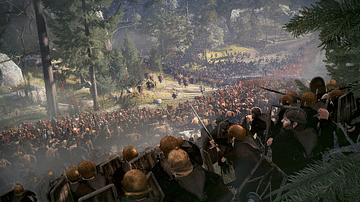
Article
Rome's Defeat at the Battle of Teutoburg Forest
At the Battle of Teutoburg Forest in 9 CE, a rag-tag barbarian force annihilated three Roman legions, leaving the Roman emperor Augustus (27 BCE to 14 CE) to nightly wander his palace, shouting for the defeated commander, Publius Quinctilius...
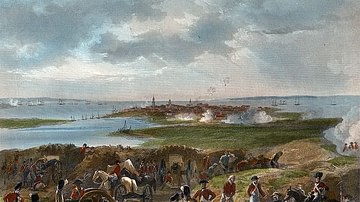
Article
Siege of Charleston
The Siege of Charleston (29 March to 12 May 1780) was a major military operation during the American Revolutionary War (1775-1783). Hoping to establish a foothold in the American South, British commander-in-chief Sir Henry Clinton led an...
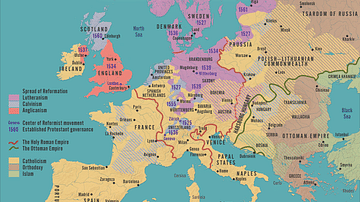
Definition
Protestant Reformation
The Protestant Reformation (1517-1648) refers to the widespread religious, cultural, and social upheaval of 16th-century Europe that broke the hold of the medieval Church, allowing for the development of personal interpretations of the Christian...

Definition
Heinkel He 111
The Heinkel He 111 was a medium two-engined bomber plane used by the German Air Force (Luftwaffe) during the Second World War (1939-45). Heinkel He 111s contributed significantly to such campaigns as the Battle of France, the Battle of Britain...
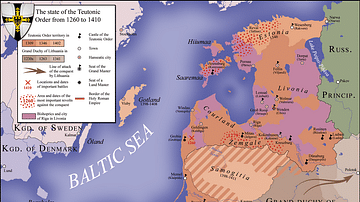
Definition
Northern Crusades
The Northern or Baltic Crusades were military campaigns organised by popes and western rulers to convert pagans to Christianity in the 12th to 15th century. Unlike in the Holy Land, where military campaigns were aimed at liberating former...
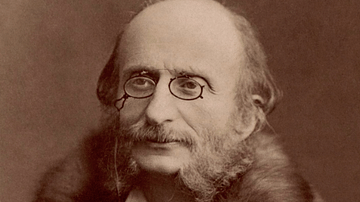
Definition
Jacques Offenbach
Jacques Offenbach (1819-1880) was a composer of German birth who took French citizenship and became famous in Paris for his comic operettas, a genre he created, and for the more serious opera, The Tales of Hoffmann. A virtuoso cellist, conductor...
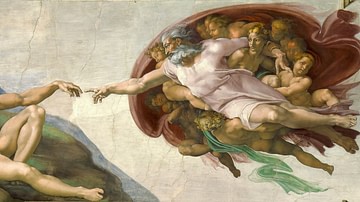
Definition
God
God' is the common word for the identity of a higher being in the universe beyond our world, the creator of all known existence, and who rules in conjunction with lower gradients of divinity (angels). In Greek, theikos ("divine") meant to...

Definition
William Tyndale
William Tyndale (l.c. 1494-1536) was a talented English linguist, scholar and priest who was the first to translate the Bible into English. Tyndale objected to the Catholic Church’s control of scripture in Latin and the prohibition against...

Definition
Nefertiti
Nefertiti (c. 1370 - c. 1336 BCE) was the wife of the pharaoh Akhenaten of the 18th Dynasty of Egypt. Her name means, `the beautiful one has come' and, because of the world-famous bust created by the sculptor Thutmose (discovered in 1912...
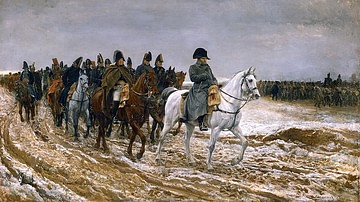
Definition
War of the Sixth Coalition
The War of the Sixth Coalition (1813-1814), known in Germany as the Wars of Liberation, was the penultimate conflict of the Napoleonic Wars (1803-1815). The Sixth Coalition, which included Russia, Austria, Prussia, the United Kingdom, Sweden...